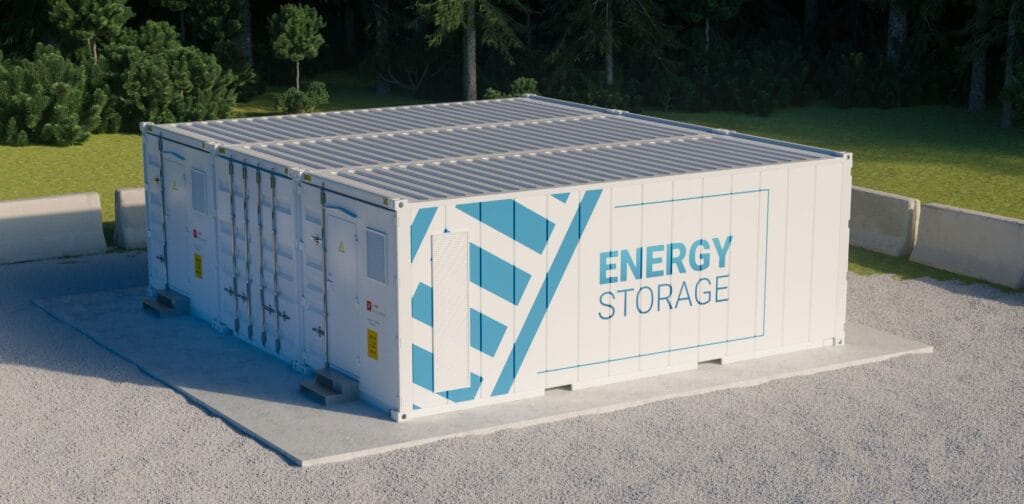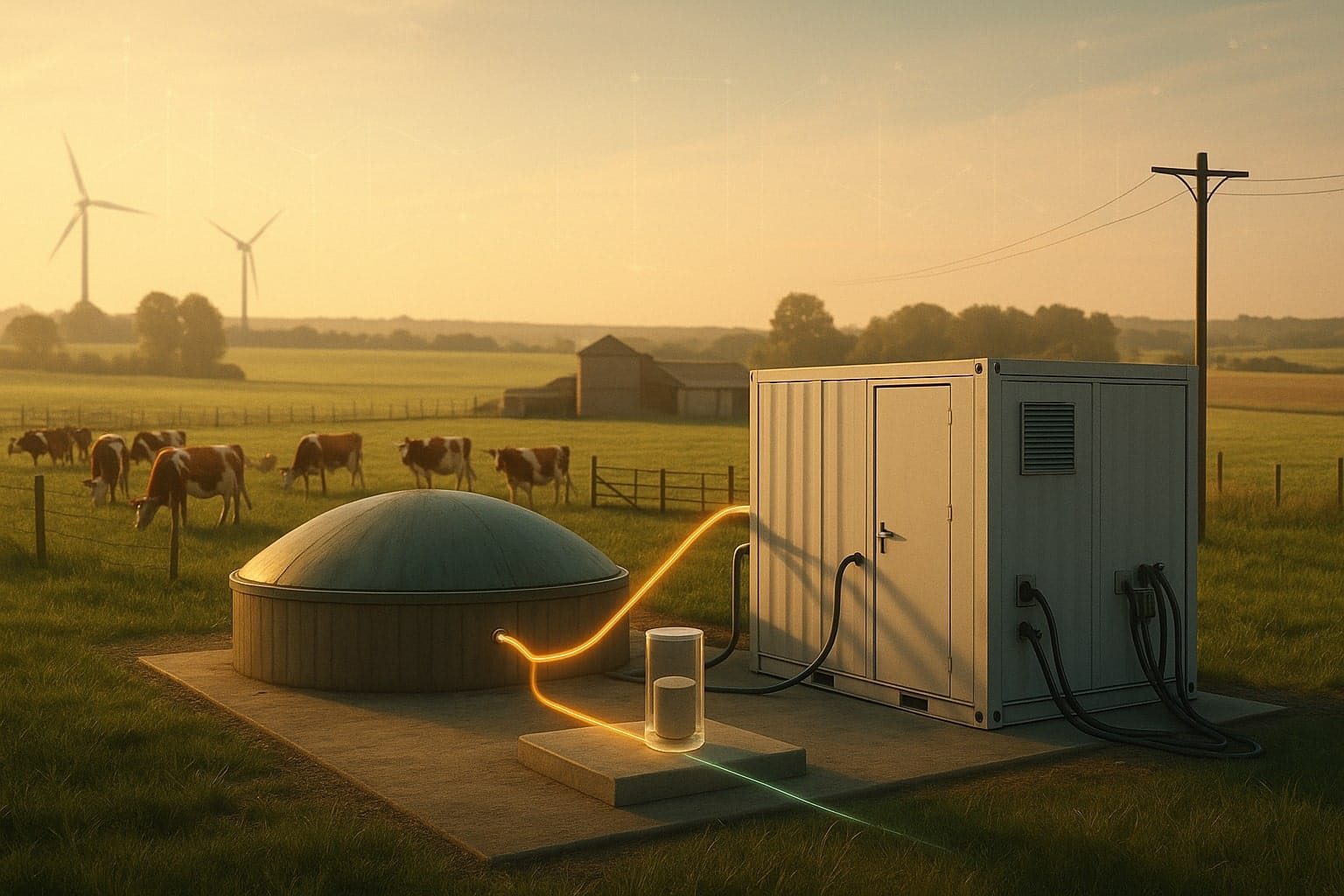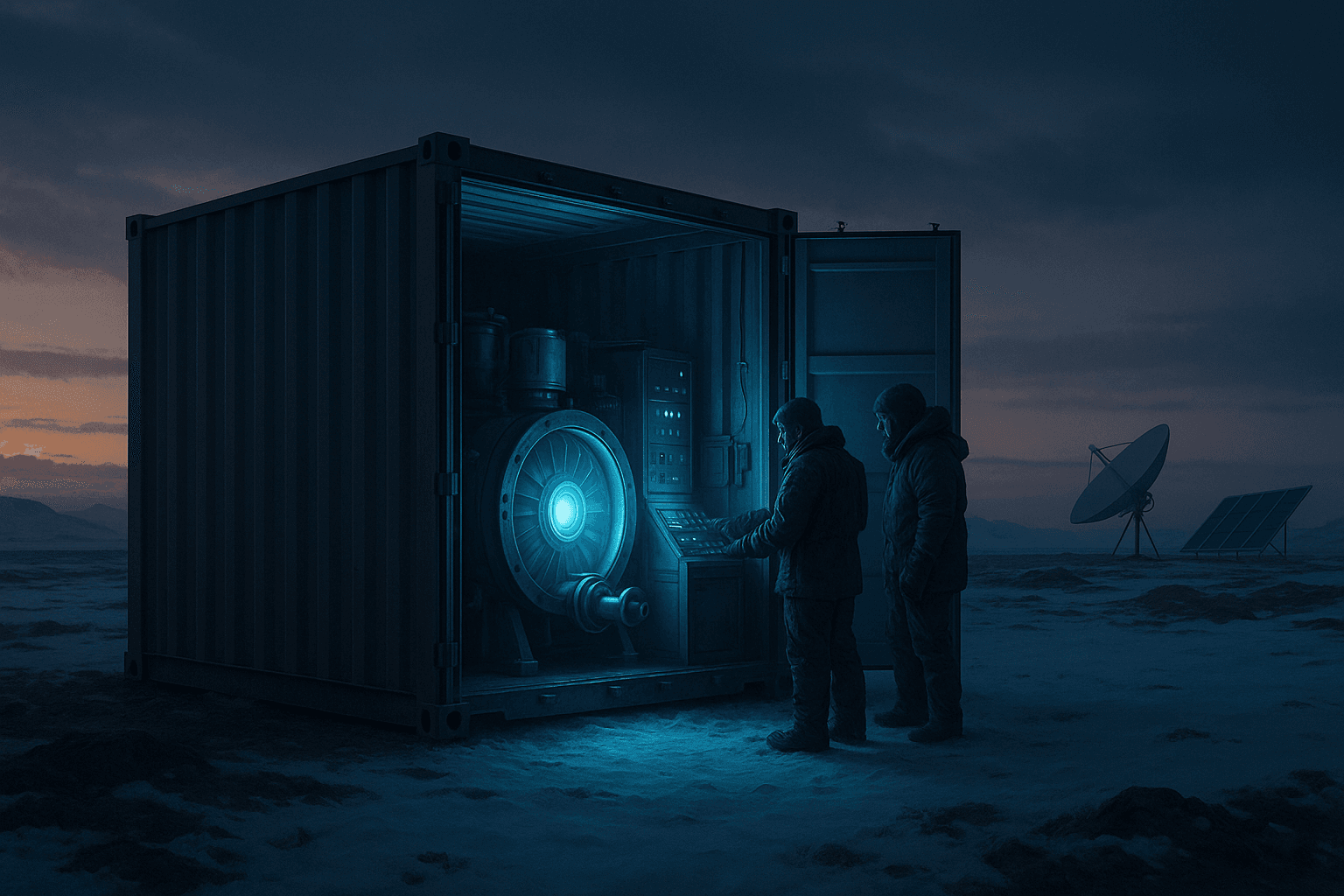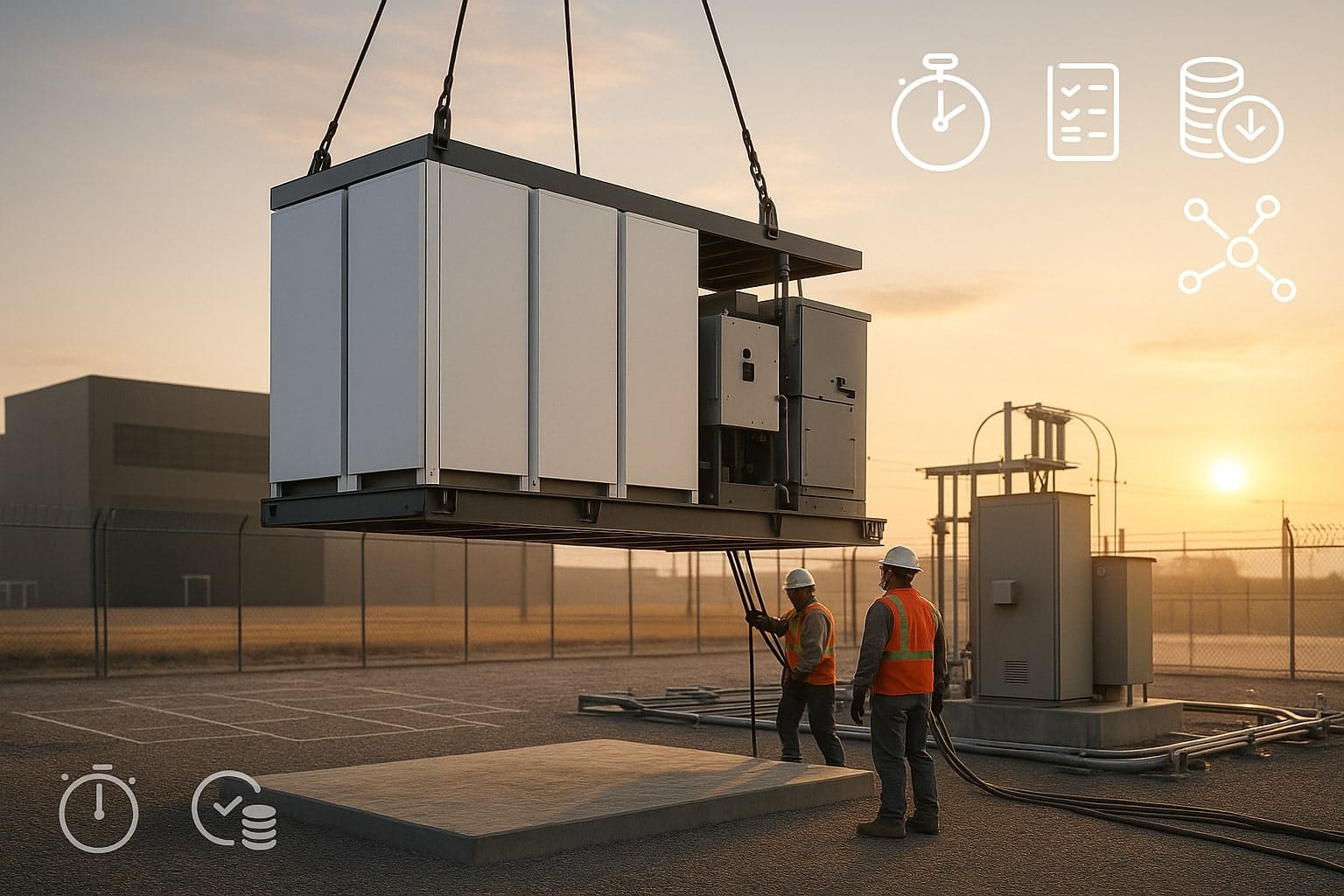The push for sustainable energy solutions has never been stronger, and battery technology lies at the heart of this transition. In an ambitious move, Lyten, a Silicon Valley-based battery technology firm, announced plans to invest over $1 billion in building the world’s first lithium-sulfur battery gigafactory in Nevada. This new facility, located in the Reno AirLogistics Park, is not only a significant step for the company but also a milestone for the battery industry, which is eager to embrace technologies that reduce environmental impact and improve performance. By offering a cleaner, cost-effective alternative to traditional lithium-ion batteries, Lyten’s project is poised to contribute to the global shift toward greener energy.
Table of Contents
ToggleBackground on Lyten and Lithium-Sulfur Technology
Founded in 2015, Lyten has quickly positioned itself as a leader in supermaterial applications, using its proprietary 3D Graphene technology to enhance the performance of lithium-sulfur batteries. Unlike lithium-ion batteries, which rely on critical materials such as nickel and cobalt, lithium-sulfur batteries use sulfur, which is more abundant and less environmentally taxing. Lyten’s lithium-sulfur cells also boast higher energy density, up to 60% lighter weight than conventional lithium-ion batteries, and increased safety, as they eliminate the need for NMP (a toxic solvent) in the cathode.
This technology has significant implications for a variety of industries. By creating batteries that are both lighter and cheaper, Lyten is tapping into markets like electric vehicles, aerospace, and defense. The company has already received investment from Stellantis and established pilot production lines to begin delivering lithium-sulfur battery cells. Lyten’s 3D Graphene material has shown promise not only in batteries but also in composites and sensors, which could revolutionize various industries with lighter, stronger materials that have a lower carbon footprint.
Details on the Nevada Gigafactory
The new gigafactory in Reno will cover 125 acres, with plans for initial production to begin in 2025 and full-scale operations by 2027. Lyten’s facility is designed to produce up to 10 GWh of battery cells annually and will include manufacturing of lithium metal anodes and cathode active materials, which are essential components of lithium-sulfur batteries. Once fully operational, the gigafactory is expected to create over 1,000 jobs, including roles for engineers, technicians, and administrative staff.
Additionally, Lyten is partnering with local institutions, such as the University of Nevada-Reno and Truckee Meadows Community College, to ensure a steady pipeline of skilled workers for the facility. By setting up in Nevada, Lyten aims to support U.S. energy independence and reduce reliance on imported raw materials, aligning with federal initiatives like the Inflation Reduction Act. This facility will be entirely compliant with U.S. regulatory frameworks, avoiding the costs associated with tariffs and encouraging domestic production.

Significance of the Investment
The $1 billion investment in Lyten’s Nevada gigafactory is poised to have a profound economic and environmental impact. Economically, the facility is expected to generate over 1,000 jobs across various roles, including engineering, manufacturing, and administrative positions, contributing to the local economy through workforce training initiatives with local institutions like the University of Nevada-Reno and Truckee Meadows Community College. Additionally, this investment helps cement Nevada’s status as a hub for advanced manufacturing, which is critical as the U.S. looks to reduce dependency on foreign battery materials and manufacturing.
Environmentally, Lyten’s lithium-sulfur technology offers several advantages over traditional lithium-ion batteries. By using sulfur—an abundant, low-cost material—the batteries reduce the need for critical minerals like nickel and cobalt, which have significant environmental and ethical concerns associated with their mining. Lyten’s approach also eliminates the toxic solvent NMP in production, further lowering the environmental footprint. As the batteries are lighter than conventional lithium-ion and lithium iron phosphate batteries, they are ideal for applications in electric vehicles, aerospace, and other sectors that prioritize weight and efficiency.
Economic Benefits for Nevada
Lyten’s gigafactory is anticipated to bring substantial economic benefits to Northern Nevada. The project aligns with state goals to foster a clean energy economy and attracts high-quality jobs to the region, reinforcing Nevada’s position as a key player in the U.S. battery manufacturing sector. The Reno AirLogistics Park, where the facility will be located, offers strategic advantages, such as proximity to major transport links and access to locally sourced materials, which will contribute to the factory’s operational efficiency. Additionally, Lyten’s plans support Nevada’s efforts to close the “lithium loop,” by using domestically sourced lithium, helping the state become a vital node in the U.S. battery supply chain.
This project also reflects Nevada’s appeal for tech-focused investments, joining a series of large-scale initiatives in the state’s advanced manufacturing sector. By building here, Lyten benefits from Nevada’s established infrastructure and a supportive policy environment, underpinned by federal and state initiatives encouraging green technology investment and job creation. The local government and industry leaders, such as the Economic Development Authority of Western Nevada, have expressed enthusiasm for the project, seeing it as a driver of sustainable economic growth and workforce development.
Challenges and Future Prospects
Despite its potential, the project does face certain challenges. Scaling up lithium-sulfur technology to meet commercial demands is still a relatively new endeavor, and the process of refining and mass-producing these batteries is complex. However, Lyten has already demonstrated success in manufacturing at its pilot facility in California, achieving yields of over 90% on its production line. The company’s ability to use existing lithium-ion manufacturing equipment to produce lithium-sulfur cells also suggests a smoother transition and scalability at a lower cost than would be typical for newer battery technologies.
Looking ahead, Lyten aims to expand its gigafactory’s production capacity and continue refining its lithium-sulfur technology for use in various applications, including electric vehicles, aerospace, and defense. With strategic partnerships and a forward-thinking approach to sustainable materials, Lyten is well-positioned to address growing market demand for efficient, eco-friendly batteries. As this technology matures, it could play a central role in the next generation of energy storage solutions, both in the U.S. and globally.
Conclusion
Lyten’s $1 billion investment in Nevada’s lithium-sulfur gigafactory marks a pivotal moment in the evolution of battery technology. By committing to the production of lithium-sulfur batteries, Lyten not only challenges the dominance of traditional lithium-ion technology but also offers a more sustainable and scalable solution to meet the rising demand for cleaner energy. The facility’s strategic location in Nevada enhances the state’s standing as a center for advanced manufacturing, while its alignment with federal green initiatives positions Lyten as a key player in the transition to a more sustainable U.S. energy economy.
This project reflects a broader shift towards domestically sourced and environmentally responsible manufacturing practices. With its innovative 3D Graphene technology and the potential to address multiple sectors, from electric vehicles to aerospace, Lyten is well-positioned to capitalize on the growing demand for efficient and lighter batteries. Although the company faces the challenge of scaling up lithium-sulfur production, its demonstrated adaptability and partnerships indicate a strong foundation for future growth.
Ultimately, Lyten’s Nevada gigafactory represents a forward-thinking approach to energy storage and underscores the potential of lithium-sulfur technology to reshape industries. As the company continues to innovate and expand, it may very well play a leading role in defining the next generation of sustainable battery solutions.












